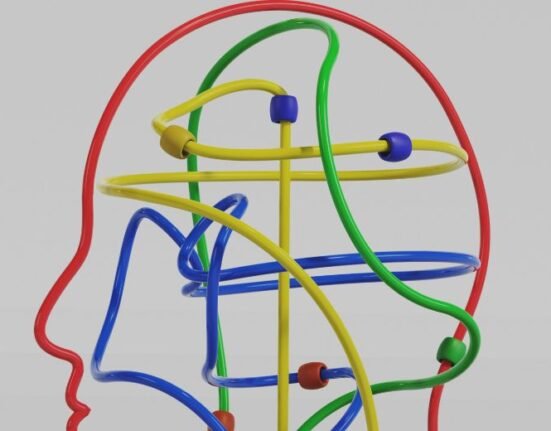By Aparna S.
July 28, 2025: Phrases like ‘thoughts become things’ and ‘you become what you think’ are catchy slogans popularised by many motivational reels circulating on social media.
The idea that you can attract what you desire simply by visualising it is widespread, from billboards to affirmations. But beyond the hype and hashtags, is there any scientific basis for this? Can your brain truly influence your reality?
As the number of people seeking success grows, so does the industry of motivational gurus, influencers, and self-help experts who market a ‘success capsule.’ Many of these success strategies aim to boost self-determination and cultivate an entrepreneurial mindset.
A significant portion remains untested or leans toward pseudoscience. The claim that anyone can ‘manifest’ anything in life by partnering with the ‘law of attraction,’ where the whole universe conspires in your favour, sounds almost too good to be true. But what is true is how the brain behaves when you ‘manifest.’
Do neural connections realign to help you work toward your intended goal? Does the brain’s network function as a meta-algorithm that filters and presents relevant stimuli?
Red car everywhere
Have you ever noticed that when you start thinking about buying a red car, red cars seem to appear everywhere? This phenomenon is attributed to the Reticular Activating System (RAS), a network of neurons in the brainstem that filters incoming information and helps you focus on what’s important.
Think of the RAS as your brain’s internal meta-algorithm. When you set an intention, your RAS begins scanning your environment, prioritising related stimuli. In other words, your brain doesn’t magically attract new opportunities—it simply starts noticing what was already present but previously overlooked, because now it knows what to look for.
A meta-algorithm, also known as a metaheuristic, is a higher-level algorithm that helps find solutions to complex optimisation problems, often by combining or modifying other algorithms. It is not the absolute best solution, but it aims to find a good enough solution efficiently.
Visualisation—the vivid mental process of imagining that you have already achieved your intended goal and are enjoying its benefits—is central to manifestation. Neuroscience explains this through the role of mirror neurons.
Game of mirrors
Mirror neurons are a group of brain cells located in the inferior frontal gyrus that activate when you perform an action and when you observe someone else performing the same action. This mirroring plays a crucial role in social cognition, empathy, and learning.
When you visualise success or observe inspiring role models, your mirror neurons fire as if you are experiencing that success yourself. This neural simulation makes your desired outcomes feel more attainable.
Repeated visualisation strengthens these neural connections, reducing performance anxiety and boosting your confidence by mentally rehearsing success.
Neuroplasticity refers to the brain’s ability to reorganise itself by creating new neural pathways throughout life. Repeatedly focusing on your desired outcome strengthens these neural circuits, effectively “rewiring” your brain in favour of your goals.
Through consistent affirmation and focused thought, your brain’s functioning begins to align with your intentions, leading to behaviour changes that support the achievement of those goals. Manifestation, in this light, is less about magic and more about mental conditioning.
Visualise success, let dopamine do the rest
Dopamine is a neurotransmitter responsible for feelings of pleasure and motivation. When you set a goal and genuinely believe it is achievable, your brain rewards you with dopamine release, providing bursts of motivation to keep going.
This explains why people who visualise and feel successful beforehand often become successful—they sustain their drive through these dopamine-fueled positive feelings.
Manifestation isn’t about supernatural shortcuts or skipping effort. Instead, it works through neurological processes in the brain.
While you cannot control everything that happens to you, you can influence what your brain filters, believes, and pursues. That ability to shape your perception and motivation is the true power behind manifestation.
(Dr Aparna S is a consultant psychiatrist and an Assistant Professor at the Believers Church Medical College Hospital, Tiruvalla, Kerala. Views expressed are her own and not of an organisation or company.)

